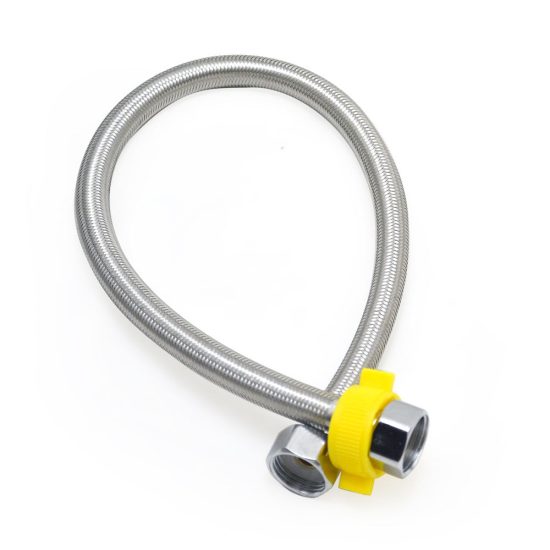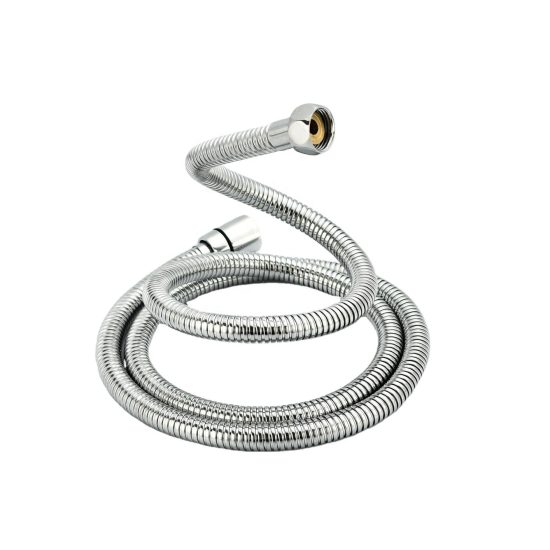In the automotive industry, hoses play a critical role in various systems, serving functions from fluid transfer to air conditioning. While the focus often falls on engine parts and electronics, advancements in hoses have also contributed significantly to the sector’s efficiency, safety, and sustainability. Here are some innovations in hoses within the automotive industry:
- Improved Materials: Hoses have evolved from traditional rubber and metal materials to more advanced compounds such as synthetic rubber, thermoplastics, and silicone. These materials offer enhanced durability, flexibility, and resistance to heat, chemicals, and abrasion, ensuring longer-lasting and more reliable performance.
- High-Performance Fluid Transfer: Automotive hoses now accommodate high-pressure fluid systems for fuel, brakes, power steering, and transmission. Advances in hose design and materials allow them to withstand extreme pressures and temperatures, reducing the risk of leaks or failures.
- Modular Hose Systems: Modular hose systems allow for more customizable and efficient designs in vehicles. These systems often integrate quick-connect fittings, enabling easier assembly, disassembly, and replacement of hoses during maintenance or repairs.
- Environmental Sustainability: Innovations focus on creating eco-friendly hoses with materials that are recyclable and less harmful to the environment. Manufacturers are developing hoses with reduced emissions during production and longer lifespans, contributing to overall sustainability efforts in the automotive industry.
- Heat Management and Insulation: Hoses are being designed with improved insulation properties to manage heat generated by the engine or other components. This prevents overheating, improves energy efficiency, and protects nearby components from excessive heat exposure.
- Enhanced Resistance to Fluids and Chemicals: Hoses are now engineered to withstand a wider range of automotive fluids, including oils, coolants, and fuels. This improved resistance reduces degradation and extends the lifespan of hoses, enhancing overall vehicle reliability.
- Integration of Sensor Technology: Some modern hoses are equipped with sensors to monitor fluid flow, pressure, or temperature. These sensors provide real-time data to vehicle systems, enabling better diagnostics, early fault detection, and preventive maintenance.
- Adoption of Electric Vehicle Technology: With the rise of electric vehicles (EVs), there’s a shift in hose technology to accommodate the unique requirements of EV cooling systems, battery management, and thermal regulation, emphasizing heat dissipation and efficient fluid circulation.
Innovations in automotive hoses continue to play a crucial role in improving vehicle performance, reliability, and sustainability. These advancements contribute significantly to the overall efficiency and safety of modern vehicles, supporting the industry’s ongoing evolution toward more technologically advanced and environmentally conscious transportation solutions.

